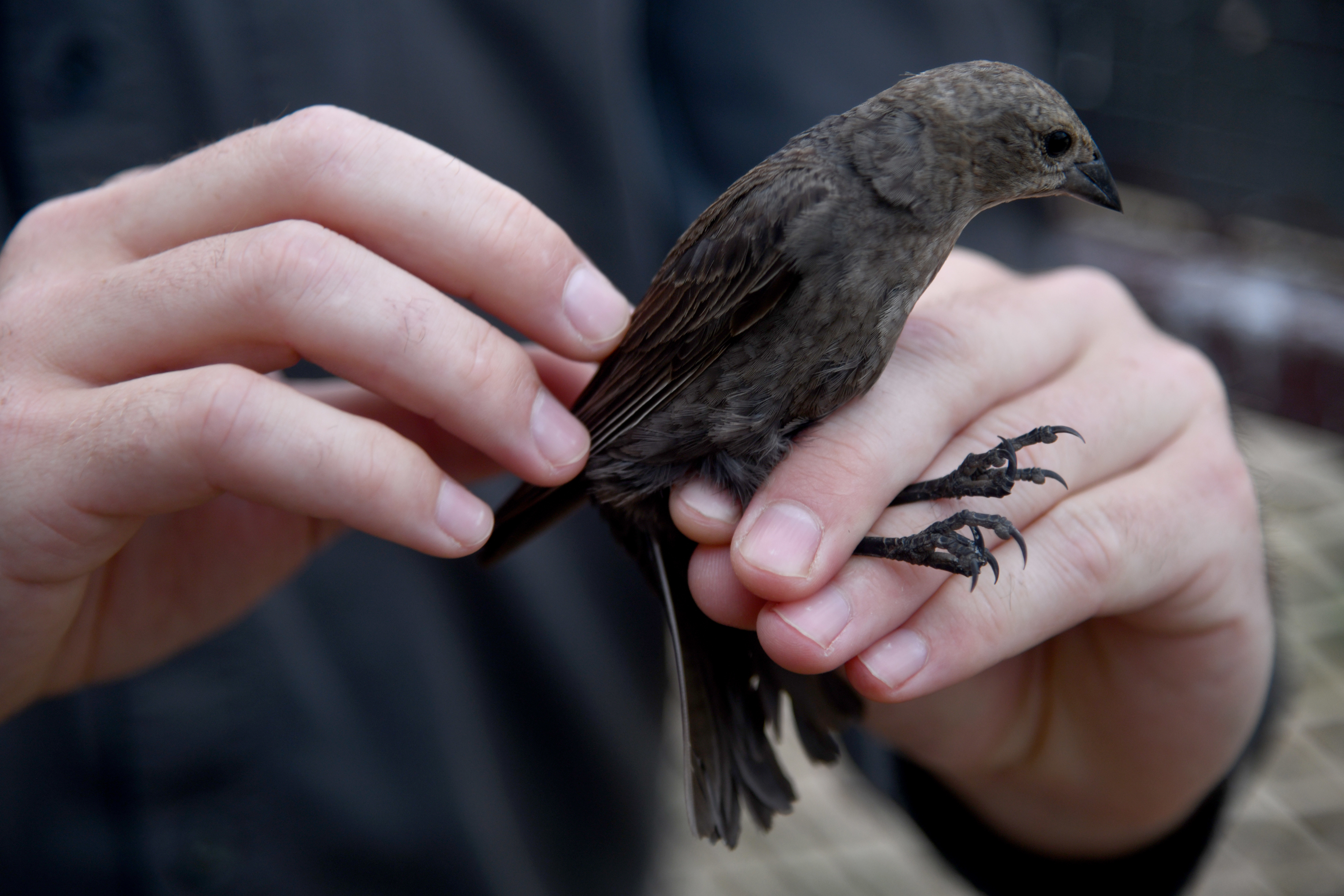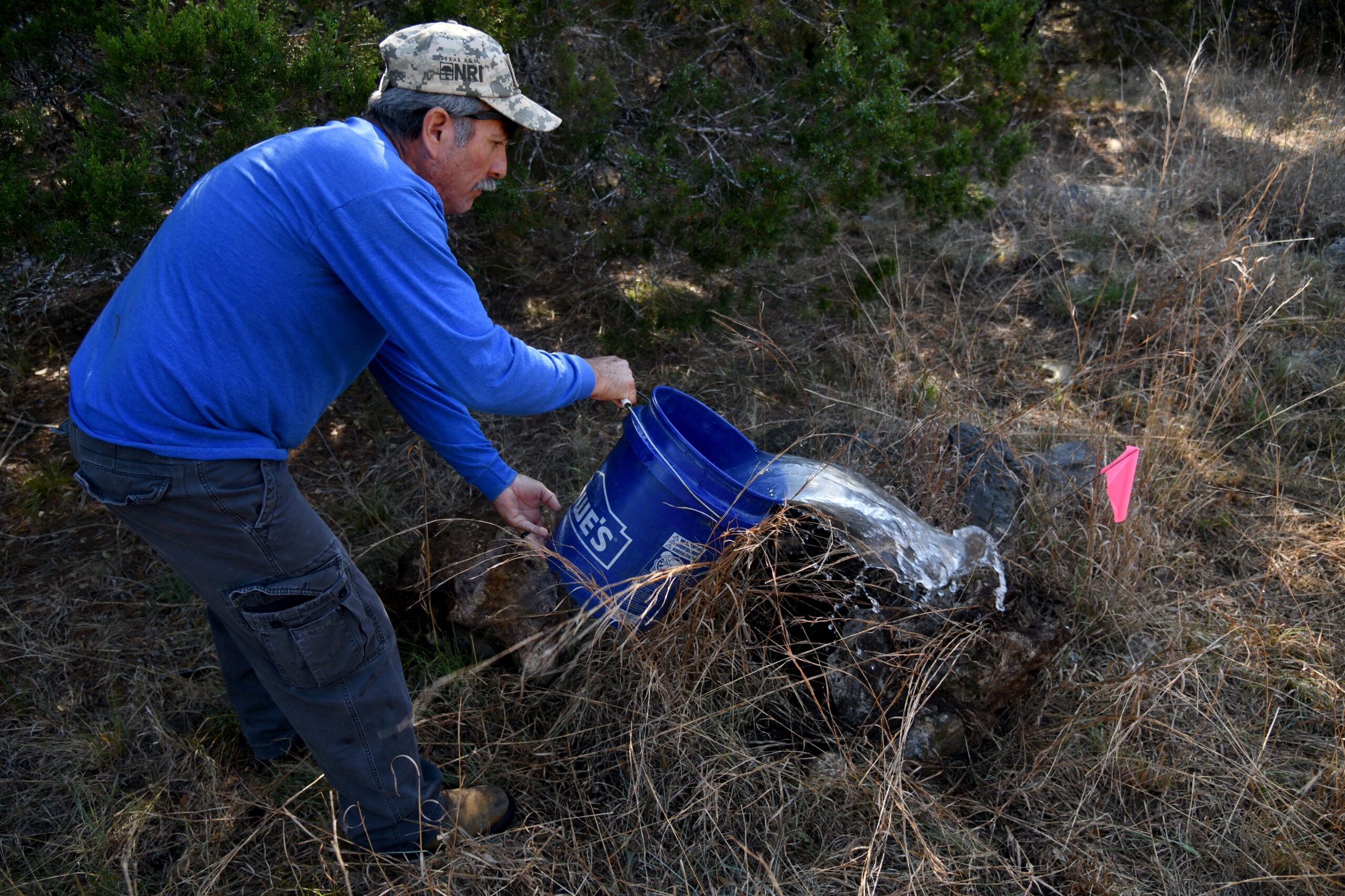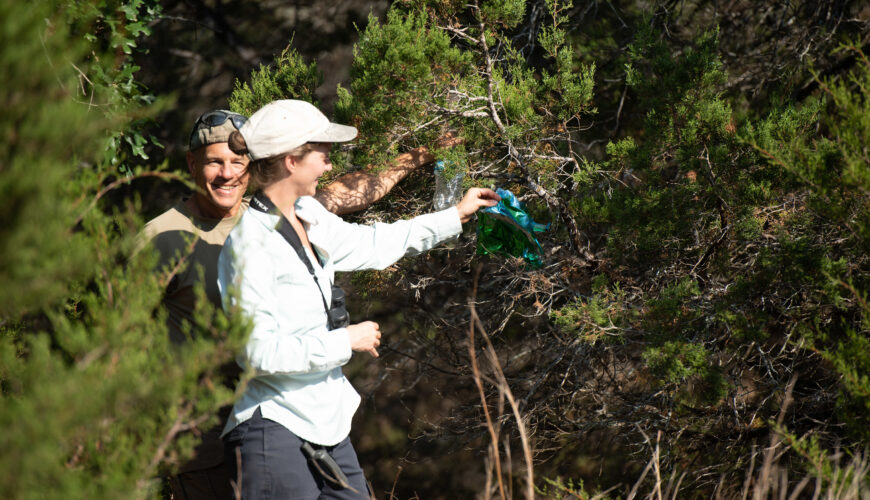News
NWTF Celebrates 50 Years, Convention Marks Unofficial Kick-Off for Turkey Season 2026
February 23, 2026 •iSportsman Staff
October 5, 2023
Camp Bullis joins the long list of military installations utilizing the Sentinel Landscape Designation to preserve natural land surrounding the base. The goal is to protect the nearly 1 million acres of untouched land around the base to reduce visual and noise pollution while protecting local flora and fauna.
“The challenge is how do we work across this vast landscape to aggregate all of the various technical and natural resources in a way that supports landowners around Camp Bullis and supports the training mission,” said Daniel Oppenheimer, land program director with the Dripping Springs-based nonprofit Hill Country Alliance. “A lot of that comes back to protecting water, soil health through conservation, enhancing groundwater—those things will help to mitigate flash floods as well.”
The Sentinel Landscapes Partnership is a collaboration between multiple government agencies and nongovernment organizations that launched in 2013 as a part of the larger Readiness and Environmental Protection Integration (REPI) program. Their goal is to protect what they call “Sentinel Landscapes”: areas where conservation, public interest and national defense interests converge. Typically, this means land around high-value military installations like Camp Bullis.
The partnership provides assistance by connecting areas and organizations with voluntary state and federal assistance programs. They make it easier for bases to gain the funding necessary to advance sustainable land management practices, which helps both the base and citizens nearby. The result is untouched natural land that is good for outdoor recreation, and also serves as a useful buffer between the base and urban environments. This prevents common problems that arise from close urban proximity to military installations: noise complaints, excessive nighttime light, lack of safe training areas, and more.
“This is a unique program as it has support from the military, conservationists and developers because it is voluntary and nonregulatory,” said Diane Rath, the Executive Director for the Alamo Area Council of Governments.
Camp Bullis and its surrounding almost 1 million acres were designated a Sentinel Landscape on February 1, 2022. Now, they can leverage numerous federal and state financial opportunities, making it easier than ever before to meet their conservation goals. The camp intends to use this new funding to improve agricultural productivity, address climate-related challenges, preserve animal habitat, and expand outdoor recreational opportunities for citizens.

Jacob Lampman, Project Coordinator for Natural Recourse Institute, identifies the Cowbird, which he then catalogs the date and trap location birds are caught at. May 16, 2022, at Joint Base San Antonio-Camp Bullis, Texas. (U.S. Air Force photo by Cesar Rodriguez)
“If we want to have any success here to enhance natural resources through conservation, that means working with private landowners in a way that supports their goals, values and needs,” Oppenheimer said. “We also have an opportunity to engage developers and promote thoughtful practices that help us to steward natural resources.”
The camp has already secured $5.1 million from the REPI, while local community partner Texas A&M Natural Resources Institute secured $8.5 million from the Regional Conservation Partnership program. Camp Bullis will tap both these resources to focus on conservation efforts that will assist local landowners and agricultural work. They hope to improve animal grazing practices, soil health, and reduce erosion.
“The Sentinel Landscape program is designed to complement residential real estate development and create natural amenities such as parks and open spaces that enhance the overall real estate value of the landscape,” said Gonzalez, CEO of the San Antonio Board of Realtors.
On top of the agricultural improvements, Oppenheimer also intends for the base to use this Sentinel Landscape designation to help with the local water concerns: The camp will protect groundwater sources and preserve water supplies while reducing drainage runoff and mitigating flood risks.

Marco Jones Identifies and eradicates fire ants to protect the caves. May 16, 2022, at Joint Base San Antonio-Camp Bullis, Texas. (U.S. Air Force photo by Cesar Rodriguez)
In addition, they will also seek to reduce light pollution. This will be designed to help conserve energy, improve human health, and reduce artificial light’s adverse effects on nature. The base also benefits because they can’t properly train at night without an effort like this.
“If [Camp Bullis gets] too much light pollution, it ruins their night training abilities,” said Coleman, president of the Bexar Audubon Society.
The Sentinel Landscape designation is an important one, and Camp Bullis intends to make full use of the resources available to it to conserve local wildlife and green areas around the base. In a situation like this, everyone benefits: the base gets space to perform their duties, wildlife maintains key habitat areas, agricultural workers can make use of the conserved natural resources, locals can avoid experiencing noise pollution, and recreationists will have a new place to enjoy the great outdoors.
